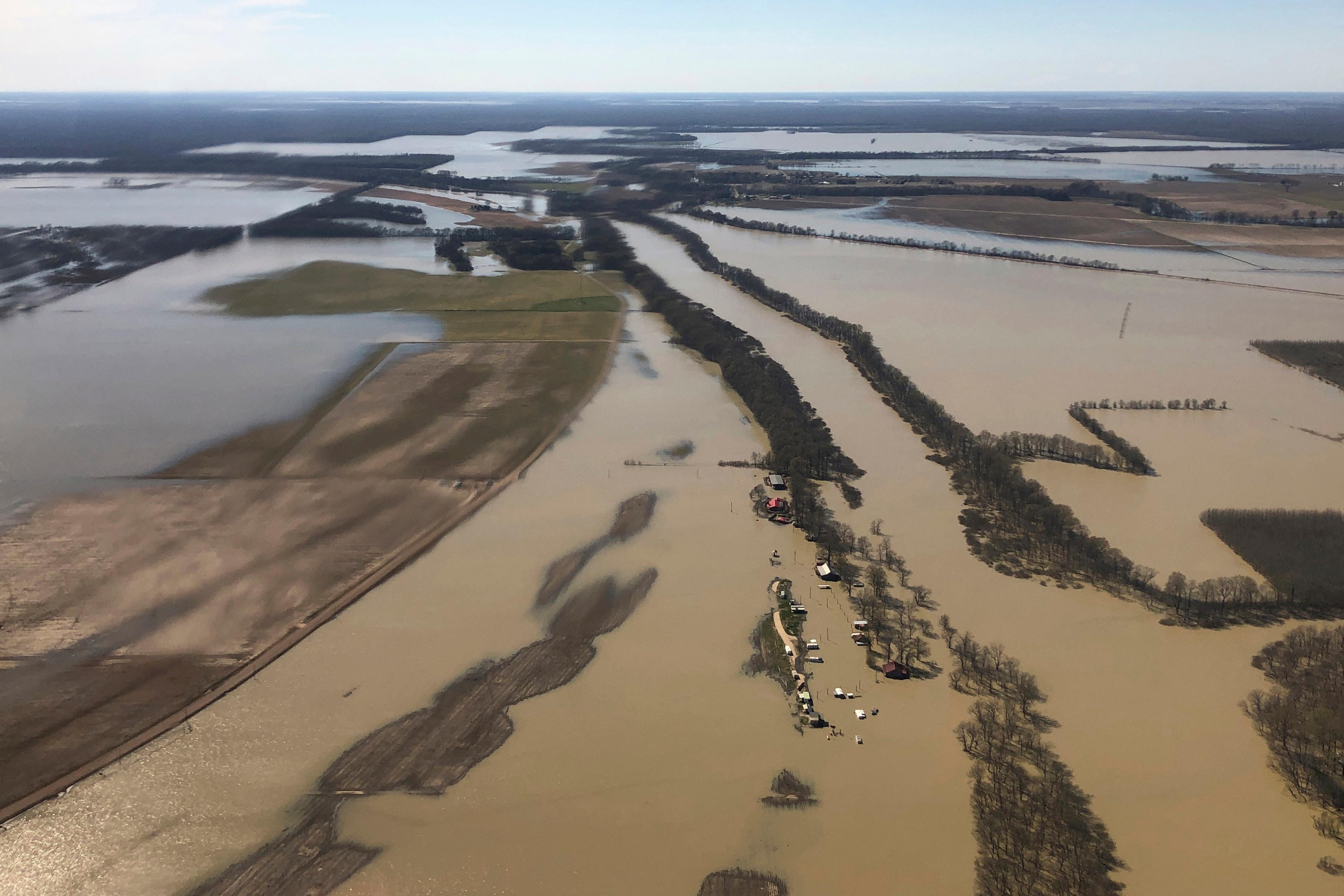Then under the purview of former President George W. Bush, the veto became one of 14 ever issued under Clean Water Act provisions after the EPA determined it would cause serious environmental harm. But after the Trump Administration in 2020 overrode the veto, pleasing Mississippi Republicans and Democrats alike, it was restored by the Biden administration in Nov. 2021.
The announcement late last year that the final phase would soon begin means that, if completed, the Yazoo Backwater Project would be completed 82 years after its initial founding.
“They’ve now signaled that they’re going to propose a plan that abdicates a conservation, climate and environmental justice commitments that the administration has spoken to,” said Jill Mastrototaro, Mississippi Policy Director for Audubon Delta.
“By putting the veto of the Yazoo Pumps back on the table, we know that the project continues to be an ag drainage project masqueraded as flood control that only serves to destroy tens-of-thousands of acres of globally important wetlands while communities continue to flood.”
The Corps aims to add a pumping system to drain the area, a nearly 930,000 acre wetland where rainfall and floodwater collects behind systems already in place to prevent the nearby Mississippi River from flooding. The proposed pumps would move up to 14,000 cubic feet of water from per second at their height, according to a study published by the Corps, making it one of the largest prospective pumping systems ever proposed. It is estimated that more than 67,000 acres of wetlands will be drained should the project be completed.
Mastrototaro says removing that water from surrounding wetlands could have critical ecological effects, such as habitat loss.
“The Yazoo Backwater is one of the few remaining intact bottomland hardwood wetlands in the lower Mississippi River alluvial valley,” she said. “Audubon migratory analysis has determined that nearly 29 million migrating birds and waterfowl depend on the wetlands every year when they fly north and south.”
The backwater serves as a stopover point for birds migrating to and from as far as South America, part of the larger Mississippi Flyway habitat, and the year-round home of as many as 450 species of fish and other wildlife.
“The pumps would change how water moves in the Backwater, so wetlands that were once wetlands will not be wetlands anymore and other habitats will also change. So the quality of those wetlands will not be able to support those birds or other species, whether residential or migratory stopover habitats,” said Mastrototaro.
The area also provides more than $2 billion annually in outdoor recreation revenue to the state economy.
A notable change in the most recent proposal is a disagreement between the Corps and the EPA over the exact definition of wetlands in the project, meaning they also disagree over the total extent of land that may be impacted by the drainage project.
The newly-proposed pumping system is also 78% larger than the previously proposed project, and the plan to relocate the drained water could have drastic impacts primarily on communities of color further downstream, says Mastrototaro.
“All of that water has to go somewhere. It will be pumped into an already at flood-stage Yazoo River, that will then flow to Vicksburg and impact north Vicksburg neighborhoods that are predominantly black that already suffer from frequent flooding.”
Already in the fifth of six total months, the proposal has now entered the public comment phase and will be formally presented in June.




